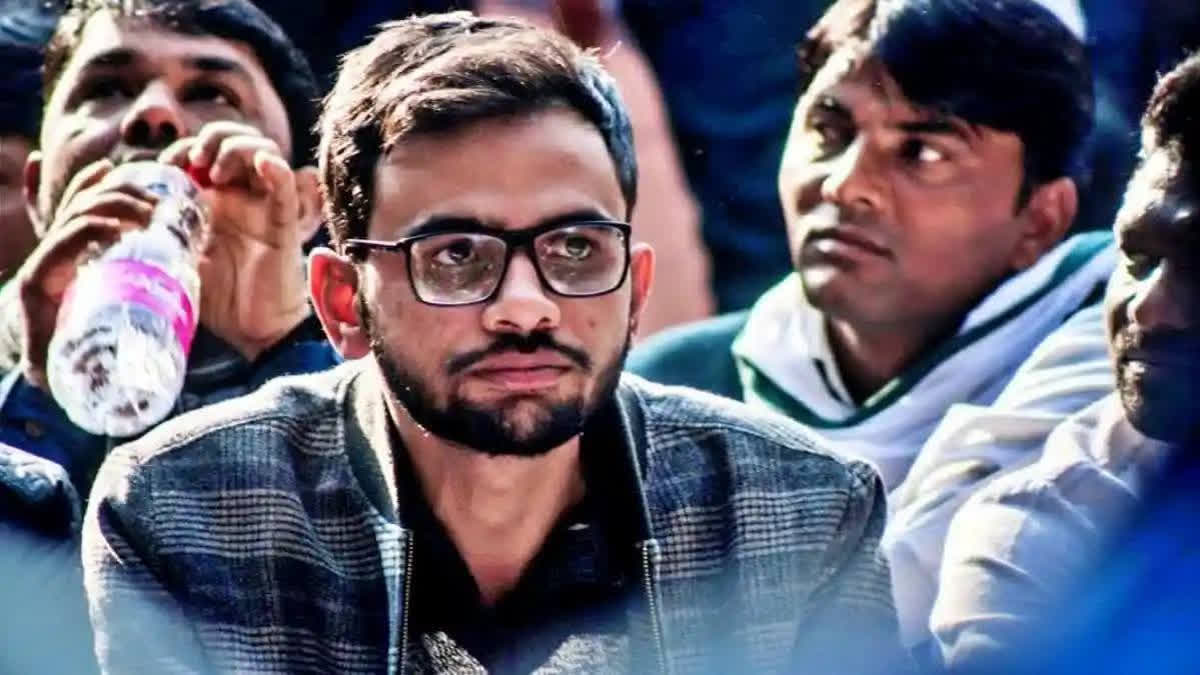New Delhi: A Delhi Court has granted interim bail to former JNU student leader Umar Khalid in the Delhi riots larger conspiracy case. The interim bail has been granted to him for seven days for the marriage ceremony of his cousin.
The Karkardooma court approved the bail for a period of seven days for the purpose. He is currently in judicial custody in connection with a larger conspiracy case related to the 2020 North East Delhi Violence. The interim bail period is from December 28 to January 3.
A resident of Jamia Nagar in the national capital, Khalid has been imprisoned since September 2020 when he was arrested by the Delhi Police Special Cell as an alleged conspirator in the Delhi Riots case.
Khalid was booked under UAPA for his alleged "provocative speeches" during the visit of American President Donald Trump to India. Police alleged his speeches instigated the 2020 Delhi riots. Khalid was consistently denied bail over the years even though his court trial is yet to begin.
Regular bail being reviewed
The Delhi High Court is presently reviewing the regular bail applications of Umar Khalid and activist Sharjeel Imam in the UAPA case concerning the alleged larger conspiracy behind the communal riots in Delhi in February 2020.
Earlier this year, while rejecting his bail plea, the trial court had stated: "The High Court analysed the case against the applicant and concluded that the allegations against the applicant are prima facie true and that the embargo created by Section 43D(5) of UAPA squarely applies against the applicant. Hence, the applicant does not deserve bail. It is clear that the Hon'ble High Court has meticulously considered the applicant's role and declined the relief sought by him," the special judge observed in the order passed on May 28, 2024.
The court further noted that since the High Court had already dismissed the applicant's criminal appeal on October 18, 2022, and the applicant subsequently withdrew his petition before the Supreme Court, the order of this court dated March 24, 2022, has attained finality. Therefore, the court cannot reassess the facts of the case or grant the relief requested by the applicant.
Read More



